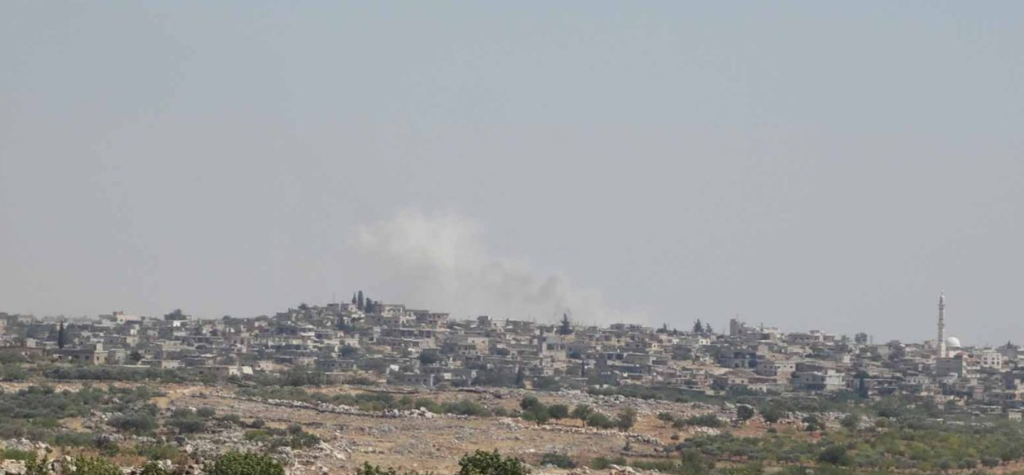From Global Jihad to Local Regime: HTS Builds Different Forms of Legitimacy
Ironically, the Syrian jihadist group now acts much like a typical Middle Eastern regime, from the way it mobilizes local support to the abuses it commits against those who oppose its rule.
This week, the Syrian jihadist group Hayat Tahrir al-Sham (HTS) passed a notable milestone: it has now been active for longer than its predecessor, the al-Qaeda branch Jabhat al-Nusra (JN). Although HTS remains an extremist organization, it attempts to derive legitimacy from different constituencies these days. As JN, the group based its legitimacy on where it stood within the global jihadist movement, but as HTS, it seeks to build its reputation within the local milieu of Syria’s Idlib province. The latter form of legitimacy is more difficult to burnish, however, since it depends on how the group attempts to govern millions of residents with differing aspirations and worldviews. Ironically, HTS now acts much like the Arab regimes it claims to oppose throughout the Middle East—from the way it mobilizes local support, to the abuses it commits against activists opposed to its rule.







